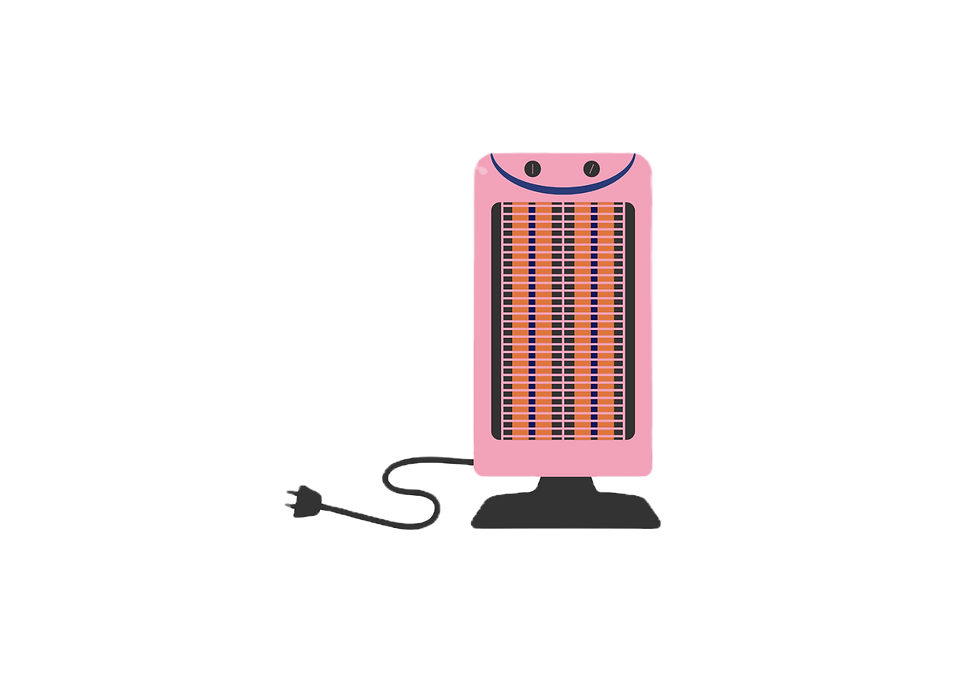To-do list or not-to-do list, that is the question!
- Suzanne Bourne

- Apr 25, 2023
- 4 min read
Chatting with carers in the Mobilise Community, we came to the conclusion that there are broadly speaking three types of people, when it comes to to-do lists:
A. People that use a to-do list or app and it works for them
B. People with to-do lists that don’t get done
C. People who don’t have to-do lists but still survive.
Which one are you?

This blog is for those of us that resonates with 'B', but we can also can take some inspiration from the A and C.
Eight top tips to create a realistic to-do list
A to-do list can be a powerful tool to help us stay organised. But not all to-do lists are created equal. A poorly designed to-do list can actually be counterproductive and often leads to disappointment.
So here are some top tips we can try (even if it's just one that we pick from) to-do list that works for us:
1. Make a shorter to-do list, that is achievable
This means breaking down your larger goals into smaller, achievable tasks. For example, if our goal is to research what financial help is out there for us to help with caring, our to-do list might include tasks like "30 minutes researching google," "30 minutes checking Citizens Advice for specific questions," "Start application" and so on.
By setting smaller goals that are achievable within a reasonable timeframe, we'll feel more motivated and less overwhelmed by the larger project.
2. If a to-do list isn’t working for us, try not having one (or maybe not having one every day)
Sometimes, we tend to write things down so that it's etched into our brains to get things done. So we may find that we then only rely on what we remember, rather than going back to the to-do list.
We can test this out by going a day or two without a to-do list and seeing how that makes us feel. Do we still productive? Did we remember a lot of what was on the to-do list? Do we feel free because we're not tied down to a to-do list? Give it a try.
3. If we find ourselves getting distracted, set an alarm to go off every half hour and reset our focus
Setting boundaries is hard as carers - there's always things cropping up which means putting our own things on the back burner. A method that can help us block out time and distractions is called 'time-blocking'. This means blocking out time on our calendar, whether it be 15 minutes, half an hour, or an hour to get things done.
Another method that has become popular is called the 'pomodoro' technique. This is 25 minutes of focus (without checking emails, phones, notifications) and can help us stay on track and get our task done.
4. Ask ourselves, "Do these things really need to be done?"
Be realistic about what we can accomplish in a day. It might just be three tasks a day. Or one big one. Don't overload our to-do list with tasks that we know we won't have time to complete.
We've created a nifty template to help prioritise tasks, aptly named the Carers Priority Matrix.
5. Focus on what difference it will make to tick off some of these things
For example, how will it feel when x, y, z are done? What will a weeks time look like once we've done what we hoped we'd hope to do.
Sometimes, the tasks can feel small and tedious and we may keep pushing these along. But what if we didn't have to think about them anymore next month?
6. Focus on how we want to feel by the end of the day, rather that what you want to have done
It's important to not live by a to-do list. Instead, the to-do list should be a tool to help us live better and make things go smoother. If the to-do list feels like it's taking over our lives, take a step back to reflect on whether it's making us feel exhausted or accomplished.
7. If there is someone else in our household, give each other five small achievable things to do for each other
Asking for help can also be something to consider when creating a to-do list. We can go much further asking others for help. Perhaps asking anyone in our household if they can help with three to five small tasks that can really make a difference.
8. Is overwhelm stopping us from doing our to-do list?
If overwhelm is our issue, try this short exercise on Facebook page to help us focus on the things that are most important.
Over to you - any other things we could try? You can also join our online Mobilise Community to connect with other unpaid carers - and perhaps find the same type of person as you!
Want more content like this?
Feel free to sign-up for our weekly newsletter 💌 to receive more carers' top tips and hacks. We'll keep you in the loop, from discounts for carers, to 10 simple ways you prioritise yourself every day.




